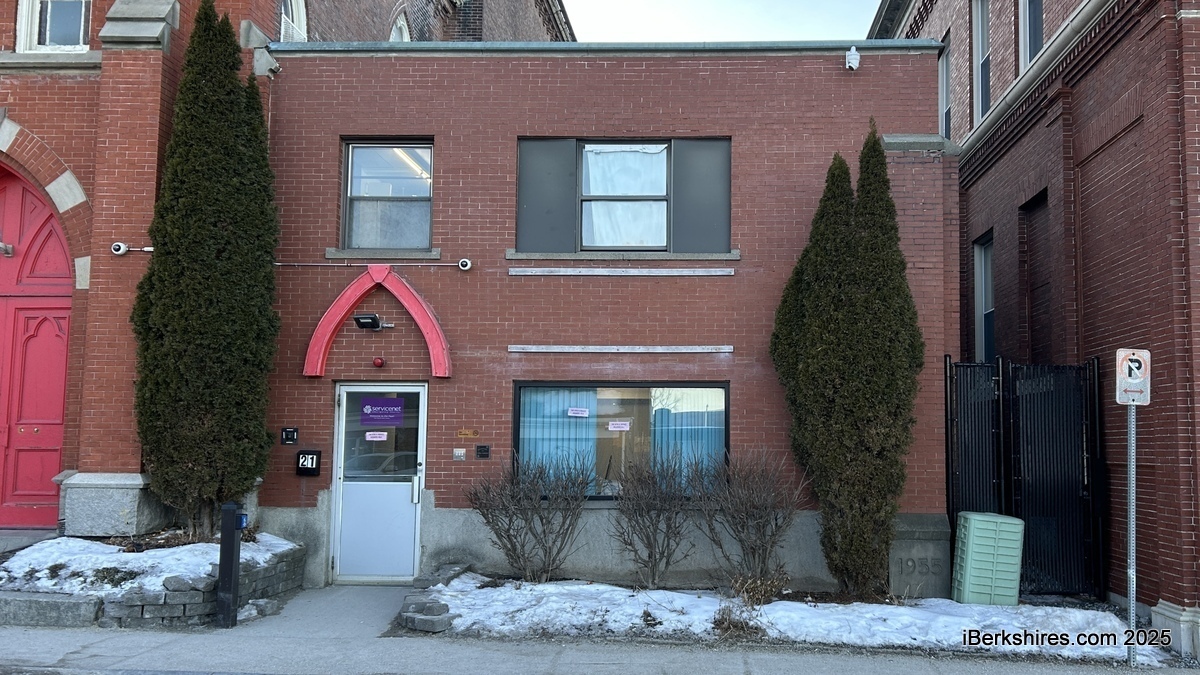September is Campus Fire Safety Month
STOW, Mass. — Governor Maura T. Healey has declared September to be Campus Fire Safety Month in Massachusetts, and fire officials are reminding students, parents, and others to be sure their living spaces have working smoke alarms and carbon monoxide (CO) alarms, and that they know two ways out in an emergency.
State Fire Marshal Jon M. Davine said 2,608 fires occurred in student dormitories, fraternities, and sororities in Massachusetts between 2018 and 2022. These fires caused six civilian injuries, 11 fire service injuries, and more than $3 million in damages. Fire officials are especially concerned about fire safety in apartments and other types of off-campus student housing, where two college students died in separate, unrelated fires in 2013.
"Fire safety is vitally important whether you live in a dorm, apartment, single-family home, multifamily dwelling, sorority, or fraternity," said State Fire Marshal Davine. "Everyone should have working smoke and CO alarms on every level of their residence and know two ways out in an emergency. In the event of a fire, don't waste precious time retrieving personal belongings – get out, stay out, and call 9-1-1."
He also noted that fire safety precautions should remain in place all through the year. Windows, doors, and stairways should always be clear of boxes, furniture, bicycles, and anything else that might hinder an escape. Fire doors should never be blocked or chocked open. And smoke and carbon monoxide alarms must remain operational all year long, as required by law.
"If your rental doesn't have smoke and carbon monoxide alarms, insist on them," said Hyannis Fire Chief Peter J. Burke, Jr, who serves as president of the Fire Chiefs Association of Massachusetts. "Landlords are required to provide them, but don't spend a single night unprotected in the meantime. For the price of a pizza, you can go to a hardware store and pick up smoke and CO alarms that could save your life. Choose photoelectric smoke alarms with sealed, long-life batteries. Test them once a month to be sure you're protected, and never, ever disable them."
Working alarms, clear exit routes, and a practiced plan for using them are crucial for when a fire breaks out, but students can also take steps to prevent them from starting in the first place:
-
Smoking: There is no safe way to smoke, but if you must smoke then do it responsibly. Don't flick them on the ground, where they can smolder and ignite debris, or grind them out on porches or steps. Use a heavy ashtray on a sturdy surface and put it out, all the way, every time.
-
Electrical: Always plug appliances such as air conditioners and space heaters into wall sockets that can handle the current, not power strips or extension cords. Don't overload outlets with multiple devices.
-
Heating: Turn space heaters off when leaving the room or going to sleep. Never leave a space heater unattended.
-
Cooking: Stand by your pan. Don't leave pots and pans unattended on a lit stovetop, and keep flammable items away from burners. In the event of a grease fire, smother the flames with a lid and then turn off the heat. Cook only when you're alert, not when you're drowsy or impaired.
-
Candles: Never leave candles burning unattended. Extinguish them before leaving the room. Even better, switch to battery-powered candles.
-
Lithium-Ion Batteries: Use the charging equipment provided by the manufacturer and disconnect it when the device is charged. Charge phones, laptops, e-cigarettes, e-bike batteries, and other devices on a hard and stable surface – never a bed, couch, or pillow. If you notice an unusual odor, change in color, change in shape, leaking, or odd noises, stop using the device right away. If you can do so safely, move it away from anything that can burn and call your local fire department.
For more fire safety tips for both on and off campus, visit www.mass.gov/dfs.
Tags: fire safety,
















